Table of Contents
- Introduction
- Myth #1: Washing Your Face Frequently Prevents Acne
- Myth #2: Expensive Products Are Always Better
- Myth #3: Tanning Beds Are a Safe Way to Get Vitamin D
- Myth #4: Natural Ingredients Are Always Safe and Effective
- Myth #5: Skincare Products Can Shrink Pores
- Myth #6: Drinking More Water Hydrates Your Skin
- Myth #7: Sunscreen Is Not Necessary on Cloudy Days
- Myth #8: Oily Skin Doesn’t Need Moisturizer
- Myth #9: Scrubbing Your Face Harder Removes Blackheads
- Myth #10: The Higher the SPF, the Longer the Sun Protection
- Myth #11: Aging Skin Can’t Be Improved
- Myth #12: Using More Products Gives Better Results
- Myth #13: Skin Problems Will Disappear Overnight
- Myth #14: Makeup Causes Acne
- Conclusion
- FAQs
- Q1: Are natural skincare products always better for the skin?
- Q2: Can drinking more water really improve skin hydration?
- Q3: How often should sunscreen be applied?
- Q4: Is it necessary to moisturize oily skin?
- Q5: Can makeup cause acne?
Introduction
Taking care of your skin is essential for maintaining its health and appearance. However, with the abundance of information available, it’s easy to fall victim to skincare myths and misconceptions. In this article, we will debunk some of the most popular skincare myths to help you make informed decisions and achieve better skin health.
Myth #1: Washing Your Face Frequently Prevents Acne
One common myth is that washing your face frequently will prevent acne. While keeping your face clean is important, excessive washing can strip away natural oils and disrupt the skin’s pH balance. Instead, opt for a gentle cleanser and wash your face twice a day to maintain a healthy balance.
Myth #2: Expensive Products Are Always Better
Contrary to popular belief, expensive skincare products are not always superior. The price tag doesn’t guarantee effectiveness or compatibility with your skin type. It’s more important to focus on the ingredients and choose products that address your specific concerns.
Myth #3: Tanning Beds Are a Safe Way to Get Vitamin D
Some people believe that tanning beds can provide a safe alternative to sunlight for obtaining vitamin D. However, tanning beds emit harmful ultraviolet (UV) rays that can damage the skin and increase the risk of skin cancer. It’s best to get your vitamin D from natural sunlight or through supplements.
Myth #4: Natural Ingredients Are Always Safe and Effective
While natural ingredients can have beneficial properties, not all of them are safe or effective for skincare. It’s important to do thorough research and consult with dermatologists to understand the potential risks and benefits of using natural skincare products.
Myth #5: Skincare Products Can Shrink Pores
Many people believe that certain skincare products can shrink pores. In reality, it’s not possible to change the size of your pores permanently. However, keeping your skin clean and exfoliated can help minimize their appearance.
Myth #6: Drinking More Water Hydrates Your Skin
While staying hydrated is important for overall health, drinking more water doesn’t directly hydrate your skin. The skin’s hydration is mainly regulated by the outermost layer, and excessive water intake won’t translate into more hydrated skin. However, maintaining proper hydration levels is still beneficial for your skin’s overall health.
Myth #7: Sunscreen Is Not Necessary on Cloudy Days
UV rays can penetrate through clouds, meaning sun protection is still necessary on cloudy days. Even when the sun isn’t visible, UV radiation can damage your skin and lead to sunburns and long-term effects like premature aging and skin cancer. Therefore, it’s crucial to wear sunscreen daily, regardless of the weather conditions.
Myth #8: Oily Skin Doesn’t Need Moisturizer
Some people with oily skin tend to skip moisturizer, fearing it will make their skin greasier. However, skipping moisturizer can actually lead to increased oil production as the skin tries to compensate for the lack of moisture. Opt for lightweight, oil-free moisturizers that hydrate your skin without clogging the pores.
Myth #9: Scrubbing Your Face Harder Removes Blackheads
Scrubbing your face vigorously in an attempt to remove blackheads is not only ineffective but also harmful to your skin. Over-exfoliation can cause irritation, redness, and even more breakouts. It’s better to use gentle exfoliants and consider professional extractions for stubborn blackheads.
Myth #10: The Higher the SPF, the Longer the Sun Protection
The Sun Protection Factor (SPF) measures the sunscreen’s ability to protect against UVB rays, not the duration of protection. Higher SPF values offer more protection against sunburn, but all sunscreens should be reapplied every two hours, regardless of their SPF rating.
Myth #11: Aging Skin Can’t Be Improved
Contrary to popular belief, it is possible to improve the appearance of aging skin. Consistent use of anti-aging products, such as retinoids and antioxidants, along with a healthy lifestyle, can help reduce fine lines, wrinkles, and improve overall skin texture.
Myth #12: Using More Products Gives Better Results
Using multiple skincare products simultaneously doesn’t necessarily yield better results. In fact, layering too many products can overwhelm the skin and lead to irritation or allergic reactions. It’s best to create a simple and tailored skincare routine that addresses your specific concerns.
Myth #13: Skin Problems Will Disappear Overnight
Achieving healthy skin takes time and consistency. Skin problems, such as acne or hyperpigmentation, cannot disappear overnight. It’s important to have realistic expectations and follow a dedicated skincare routine to see gradual improvements.
Myth #14: Makeup Causes Acne
Makeup itself doesn’t cause acne, but certain ingredients or improper makeup application can contribute to breakouts. Look for non-comedogenic or oil-free makeup products and ensure proper cleansing to remove makeup thoroughly before bedtime.
Conclusion
By debunking popular skincare myths, we have gained a better understanding of what truly benefits our skin health. Remember to follow a gentle and consistent skincare routine, focus on quality ingredients rather than price tags, and consult with professionals for personalized advice. With the right knowledge and practices, you can achieve healthier and more radiant skin.
FAQs
Q1: Are natural skincare products always better for the skin? A: Not necessarily. While natural ingredients can have beneficial properties, it’s important to consider individual skin types and potential risks associated with certain natural ingredients.
Q2: Can drinking more water really improve skin hydration? A: While drinking water is important for overall health, its direct impact on skin hydration is limited. Maintaining a balanced skincare routine is key to optimal skin hydration.
Q3: How often should sunscreen be applied? A: Sunscreen should be applied every two hours, or more frequently if you are sweating or swimming, to ensure continuous protection.
Q4: Is it necessary to moisturize oily skin? A: Yes, oily skin still needs moisturization. Opt for lightweight, oil-free moisturizers to keep the skin hydrated without exacerbating oiliness.
Q5: Can makeup cause acne? A: Makeup itself doesn’t cause acne, but certain ingredients or improper application can contribute to breakouts. Choose non-comedogenic or oil-free makeup and cleanse your skin thoroughly before bedtime.

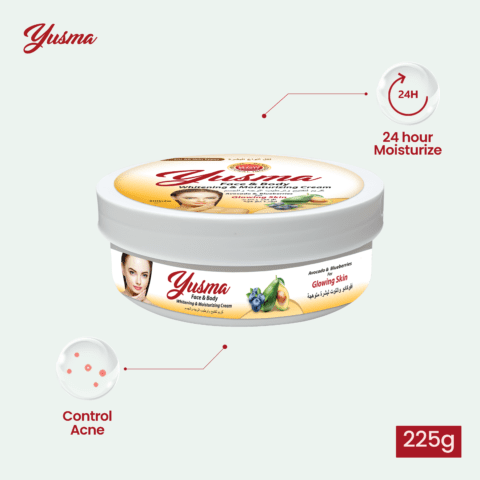
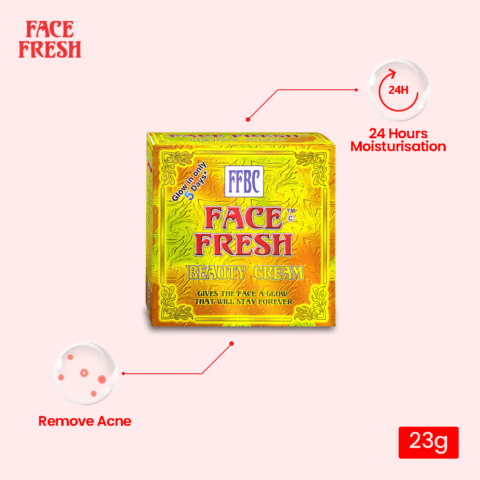
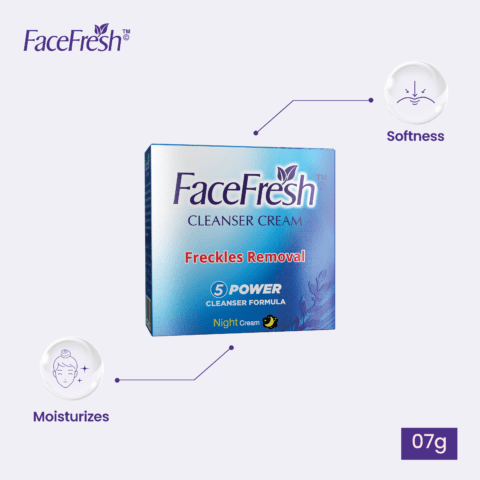
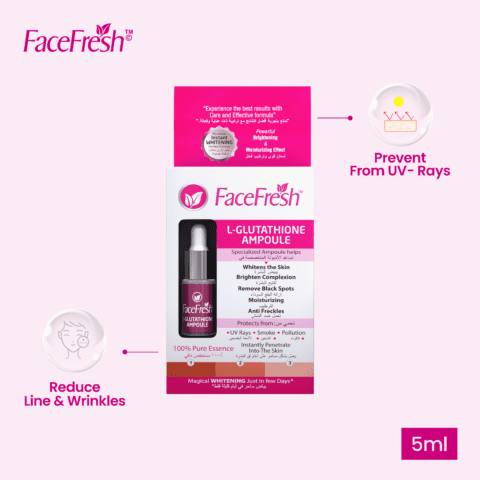
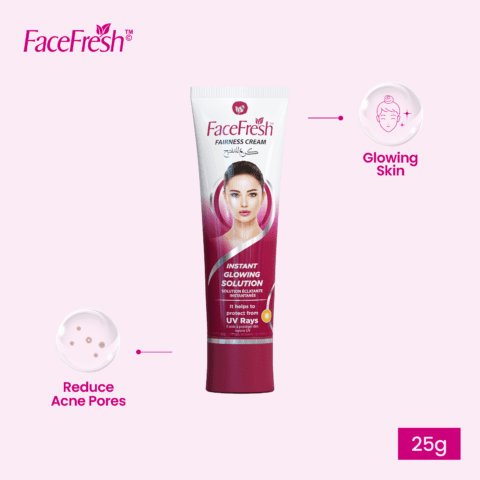
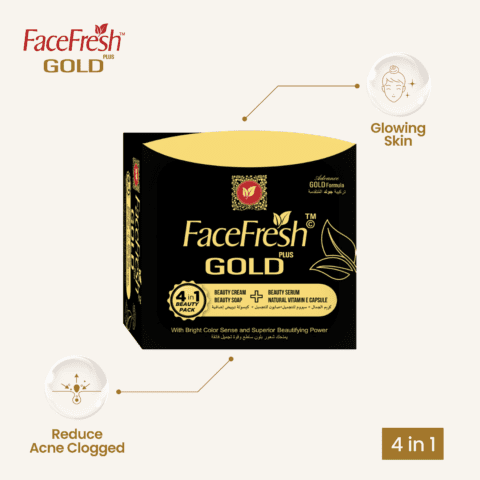
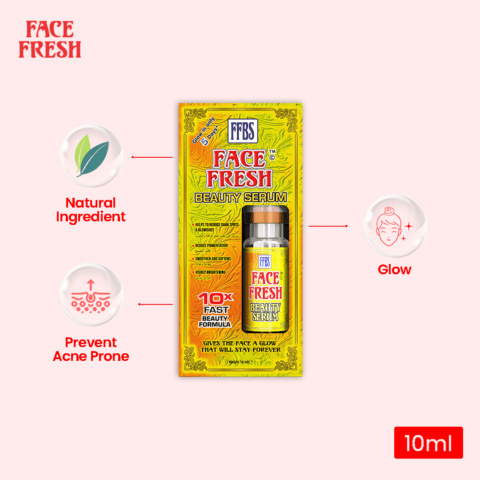
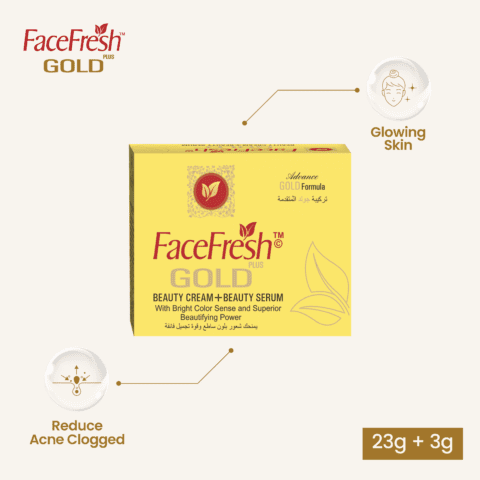
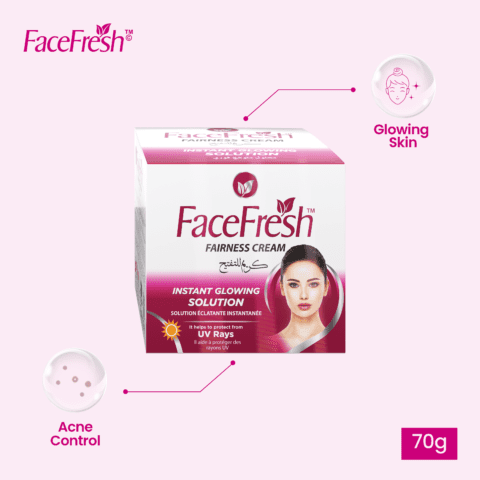
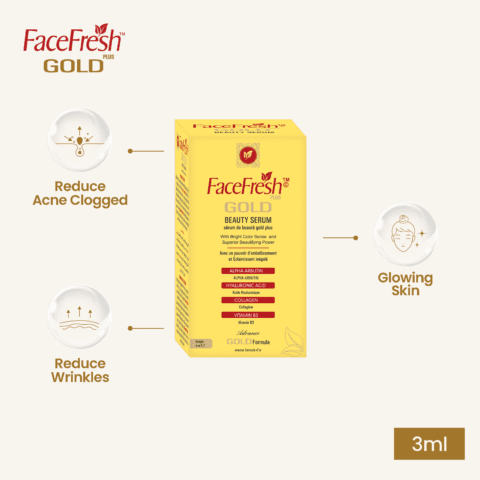
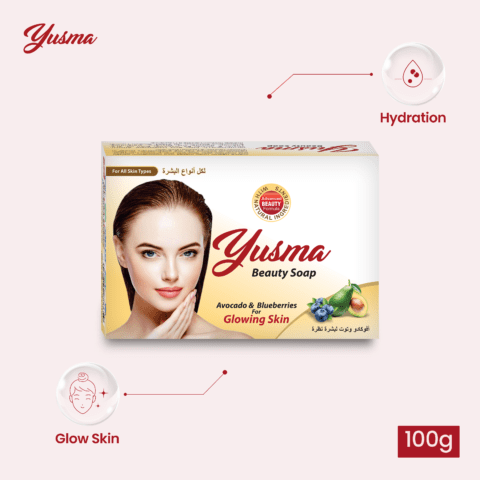

Leave a comment
Your email address will not be published. Required fields are marked *